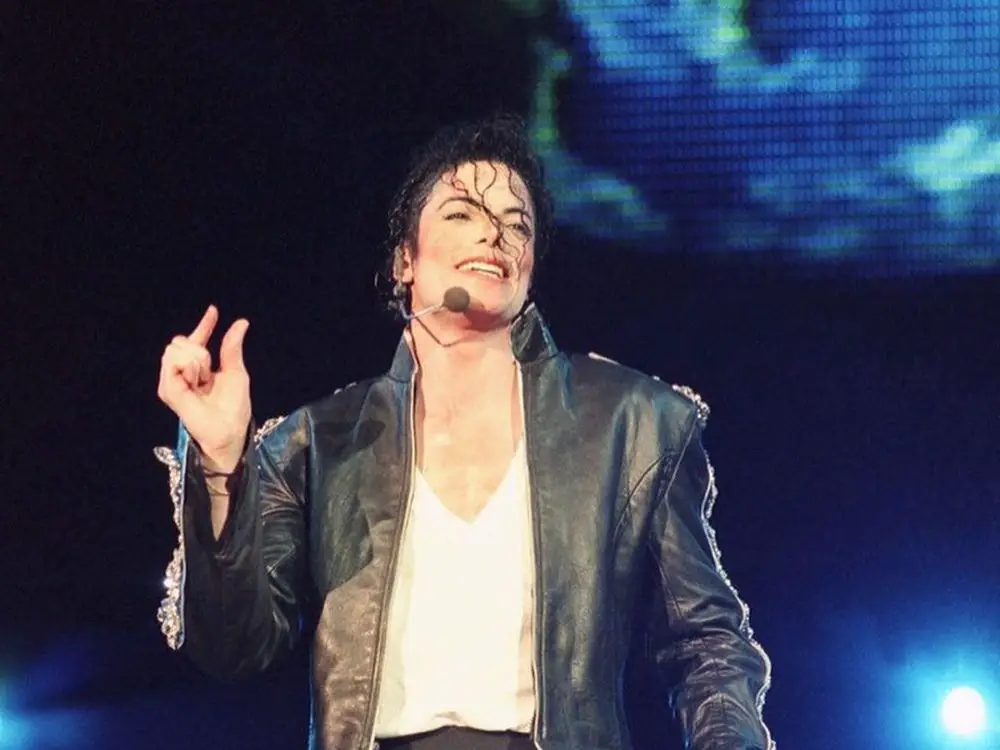Streams are definitely a key route to success, but radio airplay remains a more lucrative income source for the King of Pop Michael Jackson, explained Barry Massarky, a renowned music economist.
In November 2019, Forbes released a list of the highest paid dead celebrities and a familiar name came on top.
Consecutively for seven years — and for the ninth time since his death in late 2009 — Michael Jackson has remained the highest earner when compared to other dead celebrities.
The Jackson estate, which is headed by his former attorney, John Branca, coupled with the efforts of the music industry executive John McClain, has been able to rake in a whopping sum of $60 million in funds in the year 2019, bringing the posthumous earnings of Michael Jackson to about $2.46 Billion.
When Jackson’s posthumous success is compared to Elvis Presley’s, who is currently the second highest paid dead musician, it is obvious that Jackson has been able to do well for himself even in death. Elvis Presley has earned $530 million so far after his death and that pales when compared to Jackson’s earnings.
Jackson was able to make so much money because of the sale of the shares he had in two big music publishing companies: Sony/ATV Music and EMI.
The bigger of the two deals dates back to 1981 when Jackson was staying in Paul McCartney’s place. In the midst of discussions about music, McCartney was able to share with Jackson about how lucrative it could be to purchase rights to other songwriters’ songs and earn royalties from them.
Jackson, fascinated by the whole idea, jokingly said he was going to someday buy the Beatles’ back catalogue. About four years later from when he said this, he purchased ATV Music; this deal included the whole Lennon-McCartney song catalog. The deal was sealed for $4.75 million. McCartney, who is supposed to be in the headlines in 2020 after becoming a favorite in online betting, wasn’t so pleased about the ATV Music deal. Jackson, however, told McCartney to shake it off, that it was “just business.”
Not long after, ATV merged up with Sony to become the biggest music publishing catalog in the world. This was a big deal for Jackson. In 2016, just about seven years from when Jackson died, his estate sold off his 50% shares in the Sony/ATV publishing company for $750 million — which is about 15 times what he invested originally.
About two years later from when the shares were sold in Sony/ATV Music, Sony made a payment of $287.5 million to Jackson’s estate: the value of Jackson’s 9.8% investment in the EMI Music Publishing Company.
These deals were able to generate over $1 billion for the Jackson estate. However, all of Jackson’s success cannot be attributed to just the sales of his stakes in other songwriters’ music alone; there were also funds coming in from other sources.
Jackson’s music stays lucrative and just in January, Broadcast Music Inc. (BMI), decided to extend their 41-year old deal to continue to represent Jackson’s back catalog. This means that BMI will continue to help in collecting Jackson’s royalties from his music played on the radio, internet and television.
According to Barry Massarky, a renowned economist with 28 years of experience in music catalog evaluation, the BMI deal is a valuable one because trends in the radio industry are changing. For instance, about 55% of the music airplay in the U.S. is classified as songs that are not current — referred to as “gold” music.
“Jackson’s deal with the BMI Company shows the importance of back catalogue to radio, which still, is the biggest source of income any writer can earn from his songwriter royalties,” Massarky said.
“I want to believe that at least 50 percent of Jackson’s revenue is proceeding from radio airplay.
“Streaming and downloads are both remarkable; but streaming for a larger audience today has been confined to current pop and R&B/Urban music.
“It is the older folks that are currently listening to radio in the U.S.; the younger listeners have all switched to online streaming.
This means radio stations “are gravitating towards the older demographic and as such there is need to start playing an older music inventory.” Jackson’s catalog remains “highly valued” simply because a bulk of the hit music of 30 and 40 years ago were from him.
Here is an infographic by the team at Betway.

















